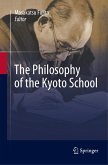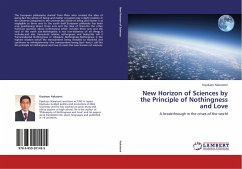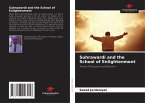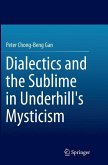The main purpose of this book is to offer to philosophers and students abroad who show a great interest in Japanese philosophy and the philosophy of the Kyoto school major texts of the leading philosophers. This interest has surely developed out of a desire to obtain from the thought of these philosophers, who stood within the interstice between East and West, a clue to reassessing the issues of philosophy from the ground up or to drawing new creative possibilities.The present condition seems to be, however, that the material made available to further realize this kind of intellectual dialogue is far too scarce. This book is intended to be of some help in this regard.The book presents selected texts of representative philosophers of the Kyoto school such as Nishida Kitaro, Tanabe Hajime, Miki Kiyoshi, Nishitani Keiji, and others who best illustrate the characteristics of this school, and works that together portray its image as a whole. Those who are interested in Japanese philosophy or specifically the philosophy of the Kyoto School can survey a comprehensive representation from this book.These texts are, of course, quite difficult and cannot be well understood without sufficient preliminary knowledge. Expository essays have therefore been included after each text to provide guidance. In each of these commentaries a scholar of our time with deep understanding of the philosopher in question has provided an account of his life, intellectual journey, and the significance of the text included here.From this book will emerge a new dialogue of ideas that in turn will engender new developments in philosophy, thereby further expanding the network of philosophical thought worldwide.
Bitte wählen Sie Ihr Anliegen aus.
Rechnungen
Retourenschein anfordern
Bestellstatus
Storno








